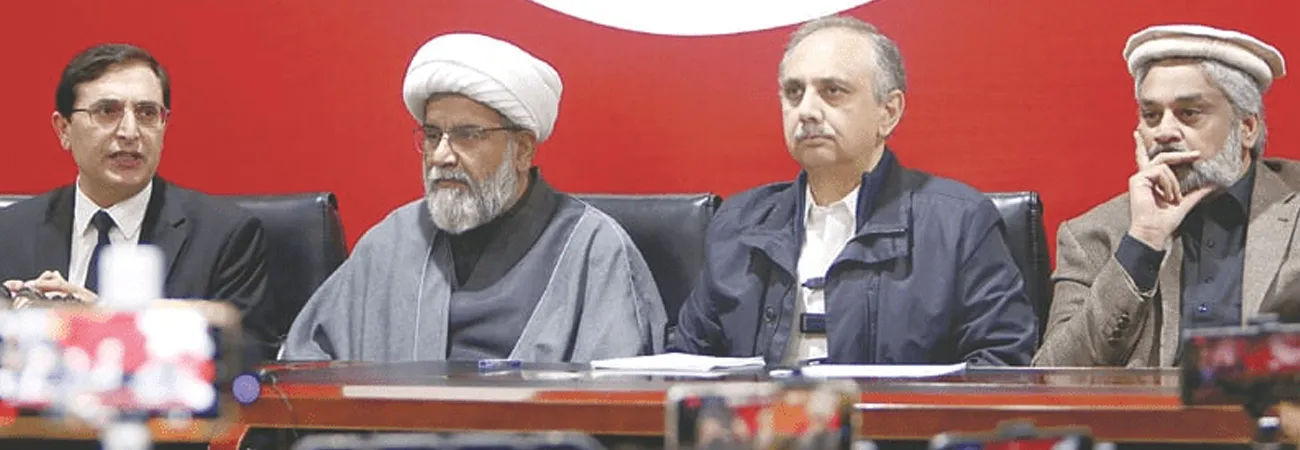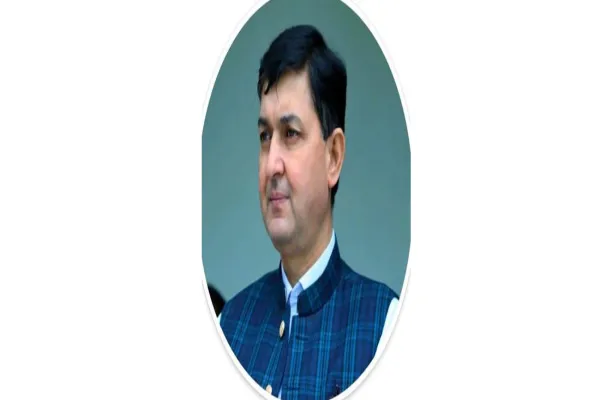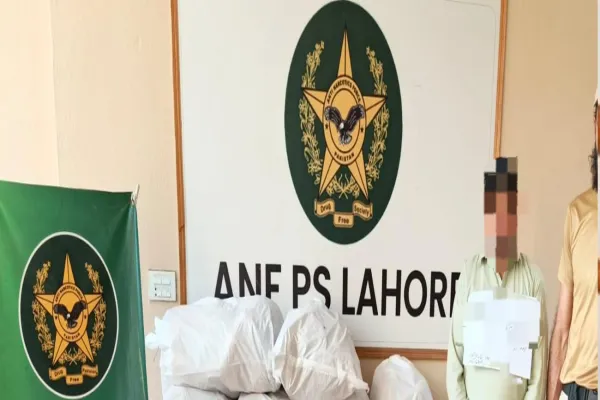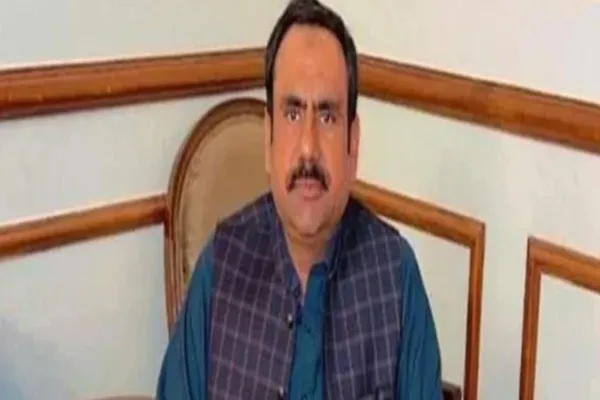i NEWS PAKISTAN
The Supreme Court has resumed hearing on the petition filed by the Sunni Ittehad Council against the denial of reserved seats for women and minorities in the national and provincial assemblies. A full-court bench, headed by Chief Justice Qazi Faez Isa, is conducting the proceedings. Other judges on the bench are Justice Syed Mansoor Ali Shah, Justice Muneeb Akhtar, Justice Yahya Afridi, Justice Aminuddin Khan, Justice Jamal Khan Mandokhail, Justice Muhammad Ali Mazhar, Justice Ayesha A. Malik, Justice Athar Minallah, Justice Syed Hassan Azhar Rizvi, Justice Shahid Waheed, Justice Irfan Saadat Khan and Justice Naeem Akhtar Afghan. On previous hearing on Jan 24 [Monday], CJP Isa referred to the PTI’s merger with the SIC a political “suicide”. Following the Feb 8 general elections, the Pakistan Tehreek-e-Insaf, which had been stripped of its electoral symbol ‘bat’, had directed the independent candidates who won election with its backing to join the Sunni Ittehad Council under a merger.
The chief justice asked the lawyer that the court would not hear any excuse painting the Election Commission as an abuser of the PTI. “We are here to listen to what is in accordance with the constitution and law. You are the lawyer of the Sunni Ittehad Council, and not of the PTI. Your arguments in favour of the PTI come in conflict of interest,” added Justice Isa. In March, the ECP ruled that the SIC was not entitled to claim quota for reserved seats “due to having non-curable legal defects and violation of a mandatory provision of submission of party list for reserved seats”. Later, the ECP accepted applications of the opposing parties and decided that the seats in the National Assembly and provincial assemblies would not remain vacant and would be allocated by a proportional representation process on the basis of seats won by political parties.
The development resulted in the PTI-backed SIC losing a total of 77 reserved seats - 23 National Assembly seats (20 women and 3 minorities), 25 Khyber Pakhtunkhwa Assembly seats (21 women and 4 minorities), two Sindh Assembly seats (women) and 27 Punjab Assembly seats (24 women and 3 minority). In May, a three-judge bench of the apex court took up a petition filed by the SIC. The court suspended the ECP decision to allocate SIC's reserved seats to other parties. Justice Mansoor Ali Shah, during the proceedings, remarked that the mandate given by the people should be properly represented in parliament. The court sent the matter of reserved seats to the Judges Committee to decide whether the case would be heard by the same bench or a larger bench would be constituted.
Credit: Independent News Pakistan









